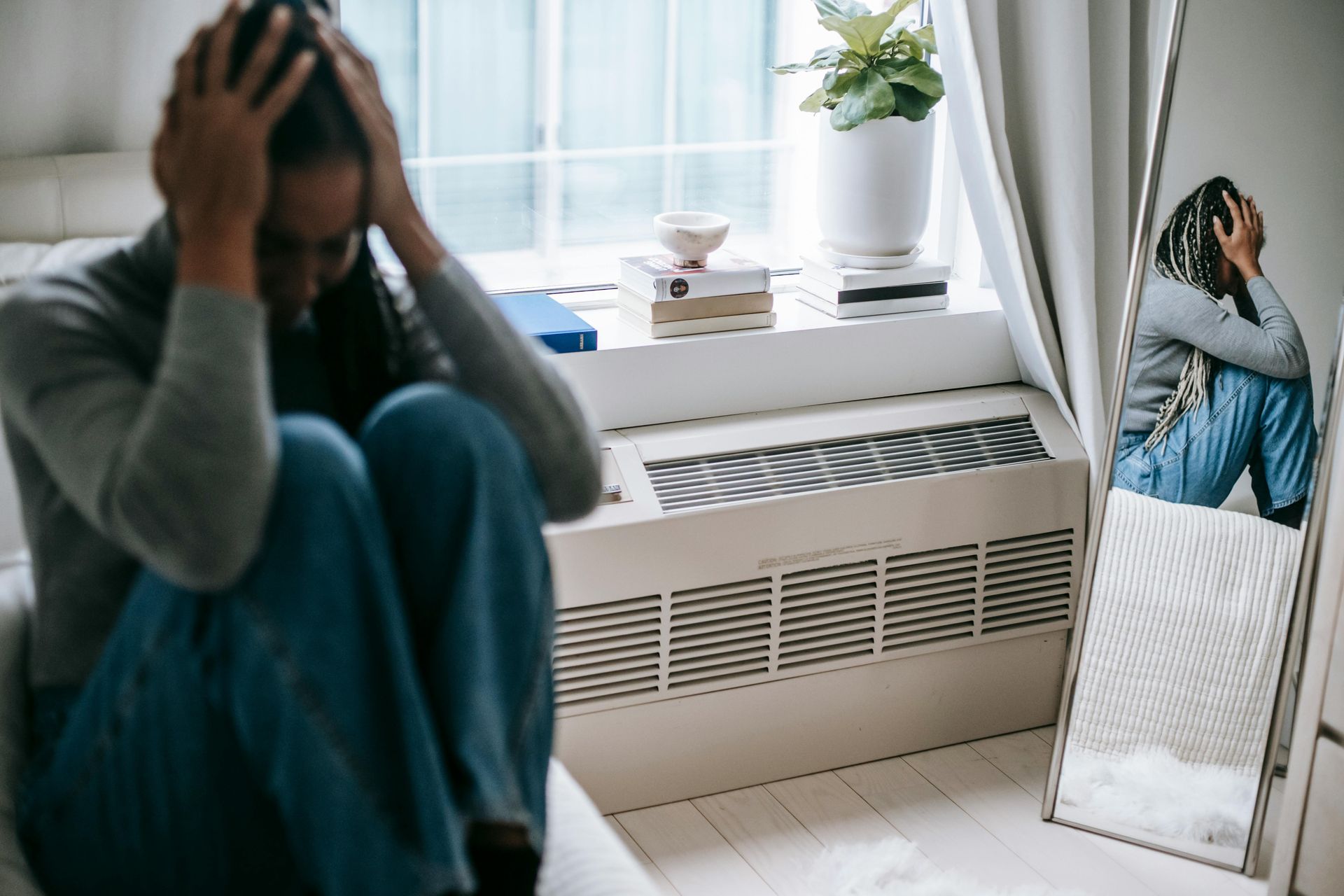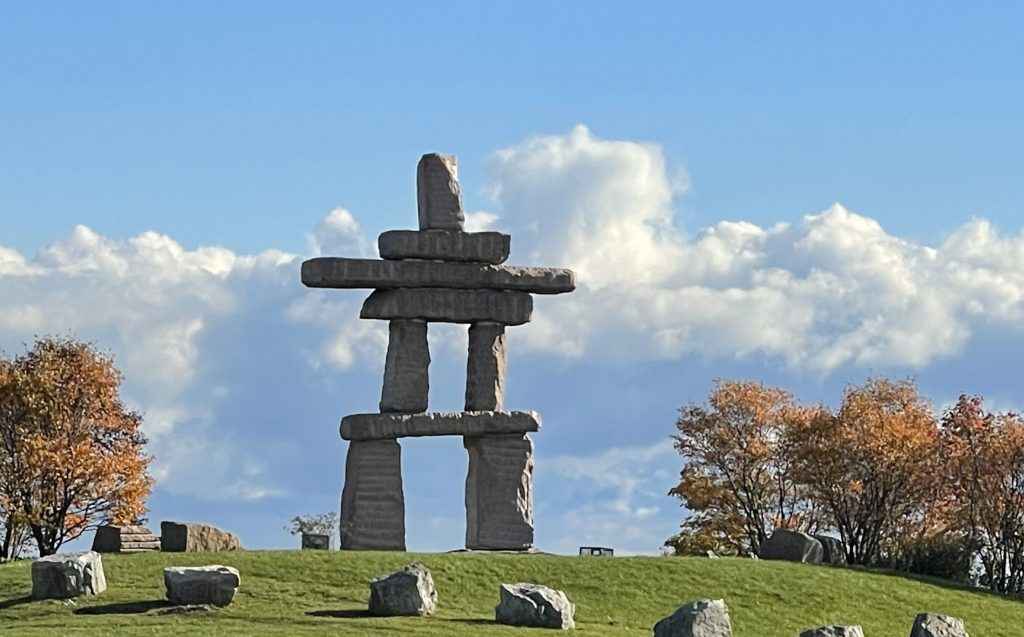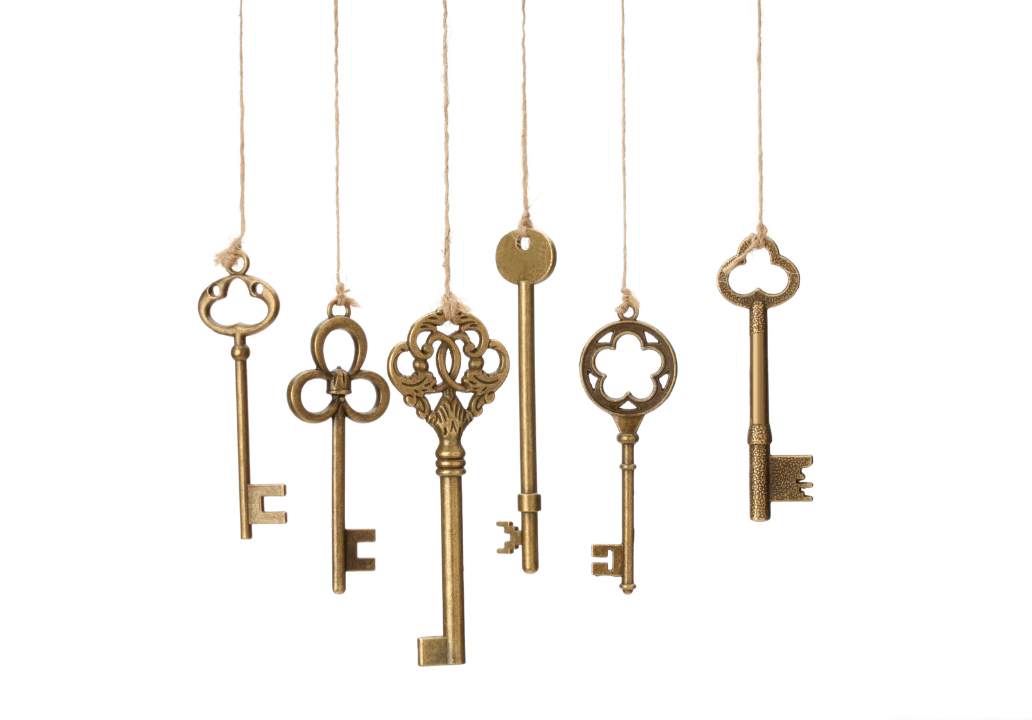You Can Help Indigenous Peoples Get Mental Health Services!

There is an urgent need to reinstate Canadian Certified Counselors (CCCs) as eligible providers in the Non-Insured Health Benefits Program (NIHB) for the benefit of Indigenous Peoples across Canada. The removal of CCCs from this program in unregulated provinces and territories has had far-reaching consequences, creating disparities, barriers, and reinforcing discrimination in accessing essential mental health care services for our Indigenous communities.
How You Can Help
Spend a moment of your time today, to send a letter to your local MP and help us make this issue more visible and heard.
Visit https://www.ccc4nihb.ca/the-issue and click on “Make Your Voice Heard” to Send Your Letter today!
Reinstate CCCs in Unregulated Provinces
Canadian Certified Counselors (CCCs) are highly trained mental health professionals who possess the expertise and cultural competence necessary to provide effective mental health care. CCCs undergo rigorous education, supervised practice, and adhere to a professional code of ethics. Their qualifications make them uniquely qualified to offer culturally sensitive and appropriate counseling services to Indigenous Peoples in Canada. They are essential providers in addressing the mental health challenges faced by Indigenous communities and are proudly represented by the CCPA.
The NIHB and the Indian Residential Schools Resolution Health Support (IRS RHS) Program play a crucial role in providing registered First Nations and recognized Inuit individuals with coverage for a range of health benefits, including mental health counseling. However, in May 2015, CCCs were delisted as eligible service providers in all provinces and territories where the profession of counseling/psychotherapy is not regulated. CCCs are now accepted only in exceptional circumstances in rural and remote areas and on a limited basis.
This decision has significantly reduced appropriate, universal access to mental health counseling services for Indigenous Peoples across the country, placing those requiring care in unregulated provinces and territories at a distinct disadvantage. It restricts access to a professional group that is eligible providers in various other federal health benefit programs and through the First Nations Health Authority, NIHB’s counterpart in British Columbia.
Health Equity for First Nations & Inuit People
Canada’s mental health care system was strained long before the pandemic. [1] An estimated 5.3 million Canadians reported they needed help for their mental health in 2017, but of these, 43% (2.3 million) reported that their mental health needs were only partially met or fully unmet. The need for counselling was the most likely to be unmet (34%). [2]
There is a significant need for improved access to qualified professional mental health support for the Indigenous Peoples of Canada. Colonization and attempted assimilation have contributed to mental health challenges for First Nations, Inuit, and Métis Peoples, which, in turn, have led to harm in Indigenous communities. [3] The loss of culture, identity and self-determination has had profound and lasting impacts on mental well-being.
For indigenous people, mental health disparities are especially high. Depression and Anxiety is experienced at twice the national average (Khan, 2008), along with 2-3 times more indigenous people likely to be hospitalized with an acute major mental health disorder, than non-indigenous people (Key Health Inequalities in Canada, 2018 Public Health). Overdose rates are 5-8s more likely for indigenous peoples in Canada (Lavalley, Kastor, VAlleriani & McNeil, 2018).
Indigenous women are also substantially more victimized by homicide (12-16 times the national average, StatsCanada) and sexual assault and abuse are experienced at three times the national average (JustFacts Department of Justice, 2017). Studies also show that indigenous women in urban, rural and remote settings experience far greater unequal access to health care and much greater chances of systemic racism in health care (Canadian Medical Association, 2023).
Half of all mental health expenditures in the Non-Insured Health Benefits for First Nations and Inuit (NIHB) program are in unregulated provinces where Canadian Certified Counselors (CCCs) have been removed from the list of approved providers. This statistic underscores the significant need for their services, yet Indigenous Peoples are unable to access them.
Mental Health Support for Indigenous Children & Youth
Indigenous peoples are the fastest growing population in Canada, and the youngest population in Canada too (nearly half of the population under the age of 25 years old, StatsCan, 2018). With our young population of children and youth, it is critical now more than ever to provide strong child and adolescent mental health care. Unfortunately, indigenous children and youth continue to experience higher rates of childhood maltreatment, violence in the home, incarcerated family members, family members with addiction, and familial mental illness (Toombs, Lund and Mushquash, 2022). Together, these experiences contribute to higher adverse childhood experience scores which highly correlate to major mental and physical health outcomes later in life.
In child welfare, a 2013 study showed that compared to non-indigenous children, indigenous children were 130% more likely to be investigated in child protective situations and 168% more likely to be placed in out of home care during an investigation (Fallon et al, 2013). This racial profiling has been likened to the 60s and a millennial “scoop” of indigenous children being misplaced and put into “protective” care.
Right now, indigenous children and youth need more services, the federal program Non-Insured Health Benefits for First Nations and Inuit have delisted Canadian Certified Counsellors in provinces that need increased mental health care the most. Also, Non-Insured Health Benefits for First Nations and Inuit have made changes to what they provide funding for – that parent-child psychotherapy isn’t allowed if the clinical session focuses too much on the child, and they do not have an Indian Status card; and family sessions are not allowed unless all members of the family have Indian Status. To a culture where kinship care is paramount, these exclusions create more barriers to indigenous parents, children and families getting the critical mental health care they need.
Truth & Reconciliation Calls to Action – Closing the Gap for Indigenous Peoples Mental Health Outcomes
In September 2015, the Assembly of First Nations (AFN) – First Nations Inuit Health Branch (FNIHB) NIHB Joint Review Steering Committee recommended immediately reinstating CCCs as eligible providers [4] in provinces and territories that have not regulated the profession. This recommendation aligns with various rights instruments and national commissions on Indigenous Peoples, such as the Truth and Reconciliation Calls to Action [5] , the United Nations Declaration on the Rights of Indigenous Peoples [6] , and the National Inquiry on Murdered and Missing Indigenous Women and Girls [7] , all of which emphasize increasing access to mental health supports.
The Truth & Reconciliation Calls to Action for Health include: acknowledging the current state of indigenous health in Canada (cta 18); identify and close the gaps in health outcomes (cta 19); respect and recognize distinct needs of indigenous, on and off-reserve, rural and Metis & Inuit indigenous peoples (cta 20); increased funding to address holistic harms caused by residential school (cta 21); recognize the value of indigenous healing practices (cta 22); call to increase the number of indigenous professionals in health care, ensure the retention of health care providers in indigenous communities and provide culturally responsive training for health care providers.
We call upon the federal program Non-Insured Health Benefits (NIHB) for First Nations and Inuit peoples to develop a plan and ongoing strategic focus to ensure this program is adhering to and responding to the Truth and Reconciliation Calls to Action. Their policies, rules and practices currently seem to completely neglect the Truth and Reconciliation Calls to Action, introducing barriers that increase health disparities, defund healing practices and decrease indigenous professionals in mental health care.
[1] Moroz N, Moroz I, D’Angelo MS. Mental health services in Canada: Barriers and cost-effective solutions to increase access. Healthc Manage Forum. 2020 Nov;33(6):282-287. doi: 10.1177/0840470420933911. Epub 2020 Jul 2.
[2] Ibid.
[3] Nelson, S. (2013). Challenging hidden assumptions: Colonial norms as determinants of Aboriginal mental health. National Collaborating Centre for Aboriginal Health.
[4] The Canadian Counseling and Psychotherapy Association. Written Submission for the Pre-Budget Consultations in Advance of the Upcoming 2022 Federal Budget. (2022).
[6] United Nations Declaration on the Rights of Indigenous Peoples Act . (2021). Government of Canada; Implementing the United Nations Declaration on the Rights of Indigenous Peoples Act.
[7] Reclaiming Power and Place: The Final Report of the National Inquiry into Missing and Murdered Indigenous Women and Girls . (2019). National Inquiry into Missing and Murdered Indigenous Women and Girls.
#CCC4NIHB is an effort to support Indigenous Peoples’ mental health and support their right to self-determination and access to mental health services!
The post You Can Help Indigenous Peoples Get Mental Health Services! appeared first on Qualia Counselling.
Share This Post on Social Media!





